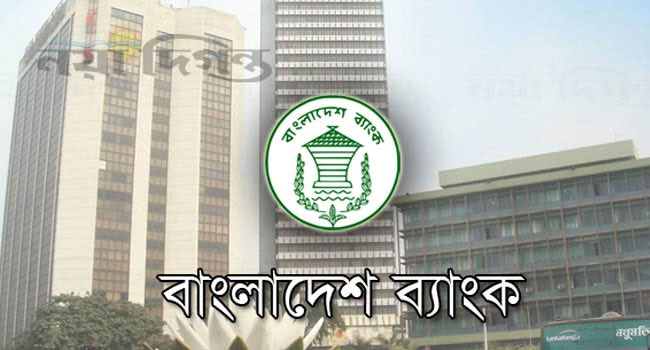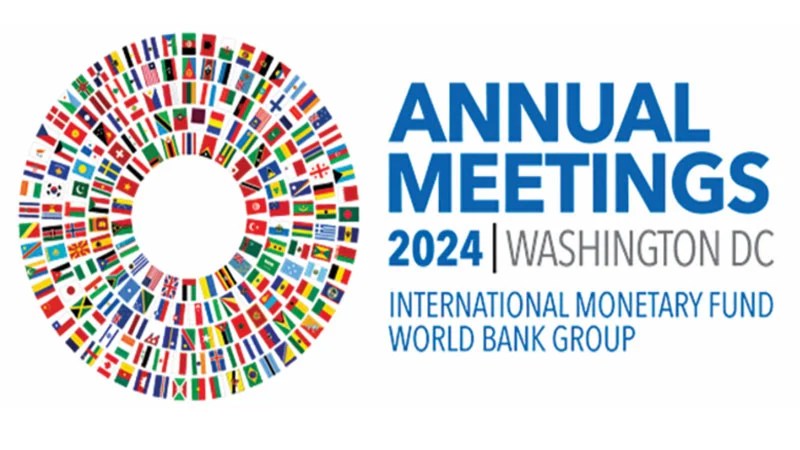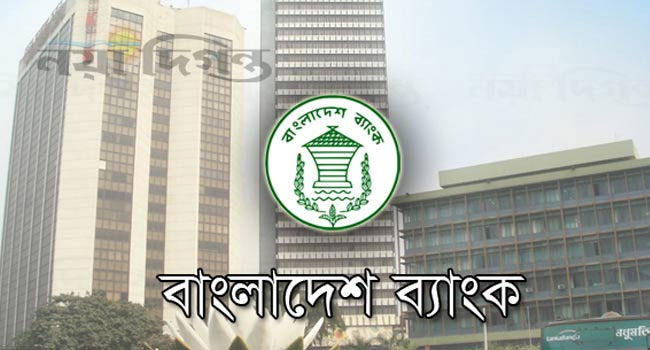Dr. Reforming the financial sector, increasing productivity, addressing the adverse effects of climate change, human resource development and private sector expansion or investment. It is necessary to adopt and implement effective action plans in short, medium and long term in order to face these challenges.
Reforms in the banking sector are also necessary in the case of reforms in the financial sector. The sector is rife with governance issues, weaknesses and lack of expertise in operational and internal risk management, and high defaults. Far from being a high, middle-income economy requires strong and sustainable reforms in the financial sector. The larger role of the private sector should be taken into consideration to overcome the crisis in the financial sector. Because, in the meantime, the leadership that the private sector has given as the driving force of GDP growth must be continued. In this case, a growing middle class consumer group and supportive government policies can create a favorable environment for private sector development. The private sector can lead innovation and productivity growth. The growing digital landscape can be harnessed by the private sector with well-structured initiatives. Besides, there are significant opportunities for the private sector in Bangladesh to expand into new sectors and improve existing sectors. That opportunity should be used. The private sector needs to play a role alongside the government in infrastructure financing to meet the huge demand for infrastructure. At the same time, in the field of climate finance, international aid funds and the private sector should increase their activities in a coordinated role. In all cases technical solutions have to be introduced.
High transport and logistics costs and low efficiency in Bangladesh have been one of the barriers to exports. Although the work of the four-lane road has started, it is slow. Efforts should be continued to remove other infrastructural barriers including seaports, landports. In this case, the need for a national logistics policy and master plan should not be wasted, but should be implemented.
Foreign direct investment and bilateral trade are playing an important role in the economic development of Bangladesh. Biodiversity-rich Bangladesh, like other developing countries, is struggling against environmental degradation, which is an important challenge for the country. Environmental issues need to be integrated with mainstream development policies to ensure economic growth and environmental sustainability.
There is no substitute for desirable improvements in revenue collection in macroeconomic management. The state of Bangladesh’s economy over the past few decades suggests that the country has been and remains a push factor in revenue generation. In other words, despite efforts to raise the revenue collection to a desirable level, the actual situation is disappointing. A large number of tax payers have not yet come under the net, could not be brought. On the other hand, efforts are being made to bring the tax and taxable sectors which are left out or under the scope of duties and taxes. However, in both cases, the need to develop or implement a tax-payer-friendly and incentive-friendly system by moving forward with sophisticated action plans is felt long ago, but the implementation is very slow. In other words, besides encouraging those who do not pay taxes, there is a lack of accountability in terms of taking a strict and tough attitude towards those who are evading or evading taxes and above all to transform the culture of paying and collecting taxes into a sense of national responsibility. Efforts have been going on since the 1990s to remove the obstacles or complications and sensitivities in the field of tax payment and collection. Until the 1990s, there was no need to collect taxes and VAT revenue other than import duties as there was no production system during the import trade-dependent economy. In the 1990s, when Bangladesh’s economy shifted from trading dependence to manufacturing, taxes increased more than duties. In addition to remittances, as our export earnings and development through the garment industry increase and import expenditure decreases, internal revenue collection issues come to the forefront of national consciousness. On the other hand, the collapse of the Soviet Union in the early 1990s led to a new polarization in the global economy. Then the opportunities and possibilities of foreign debt grants to developing countries as before are reduced. As a result, the importance of collecting own revenue increases in an underdeveloped but development-oriented country like Bangladesh.
However, the tax to GDP ratio seems to have a long way to go to reach the desired level despite continued revenue collection efforts. Bangladesh’s tax GDP ratio has always hovered around a low level, although the desired target of tax revenue collection has always been or is very high. That is, even if the target is high, the speed of success in meeting it is slow. In this case, efforts are being made to bring as many people under tax as possible from among the eligible taxpayers by removing all kinds of errors in the system, infrastructural and miscellaneous. Along with this, efforts are being made to bring the new financial sectors that are being created under tax quickly. But that effort in performance and efficiency is taking enough time to bring the desired results.
Taxpayers will not feel comfortable if the tax collection environment is empowered and experienced to ensure the conscious participation in taxation of all applicable when and where incentives and incentives are to be applied, the tax payers will not feel comfortable if the results of application of tough methods are shown or unduly pressured. It has to be seen whether the environmental situation is being made more difficult and harsh in the name of tax-payer friendly along with legal reforms. If the tax collection system is so complex, compartmentalized and difficult, those who are not yet covered by tax may fear becoming taxpayers. Also those paying taxes may lose motivation to pay taxes properly. Although our economy is not as advanced in tax culture and infrastructure, success and sustainability will be delayed if we follow straight cut-and-paste approaches, practices and rules of the developed world. Instead of being at the stage where the attitude or mindset (mindset) or perception is supposed to be, if we think or assume that, like developed economies, all our taxpayers are educated, responsible in paying taxes and they know all the laws and regulations, then the tax-attitude ( mindset) is bound to be constructed differently. In such a situation, the revenue collection environment may be regressive rather than progressive. As new taxpayers do not want to come in, or cannot be brought in, existing taxpayers may find ways to avoid paying taxes if the pressure increases in their place.
Capital market plays an important role in building a strong base of economy. Capital markets in Bangladesh often become volatile. As a result, investors lost confidence and the capital market failed to play its desired role. The impact of the global economic recession for several years has also affected the capital market of Bangladesh. Investor participation and transaction volume in the market has decreased significantly. Due to the floor price, the share prices of well-founded companies, including multinationals, remained relatively stable for a long time. At this time there was a meager return from the capital market. In addition to improvement in the dollar situation, withdrawal of floor price and looking at reforms and good governance in the capital market will help the capital market to turn around.
Effective steps must be taken to restore momentum in the capital market. For this, good domestic and foreign companies should be registered. Apart from this, strict action should be taken against those involved in capital market manipulation. At the same time, the problem of the banking sector should also be solved. At the moment, the biggest problem in the capital market is the crisis of confidence of investors. Investors’ confidence in the market is almost at rock bottom. As a result, investors have turned away from the capital market. Due to which various steps have been taken but the benefits are not available in the market.
A major problem in the capital market is the liquidity crisis. Apart from this, currently a major obstacle in the stock market is the floor price. That is why new investment is not coming. Because the share price of most of the listed companies were or are stuck at the floor price. Now the hope is that the interim government will focus on ensuring good governance in the market, so that bad company shares do not dominate. Along with the necessary reforms, improvement in the governance situation of the capital market will help boost investor confidence and turn around the market.
Many investors believe that the lack of oversight by regulatory agencies has led to many forms of market manipulation. Allegations that one group in particular is manipulating the market to further their interests have been raised repeatedly since the 2010 disaster. For this reason, along with well-thought-out measures to bring back the confidence of common investors, the call and initiative to list good companies in the stock market should not stop at finding the reason for the death of the industry, but should be implemented in the public interest. The number of companies registered in the country is large. But the presence of companies in the capital market is very less. Companies in the apparel sector should enter the market. In this case, after the collapse of 2010 along with the Commission’s legal reforms, people’s negative perception towards the capital market was formed, which has not yet been overcome to a large extent. For this reason, it is expected that the capital market will recover if the investors return.





